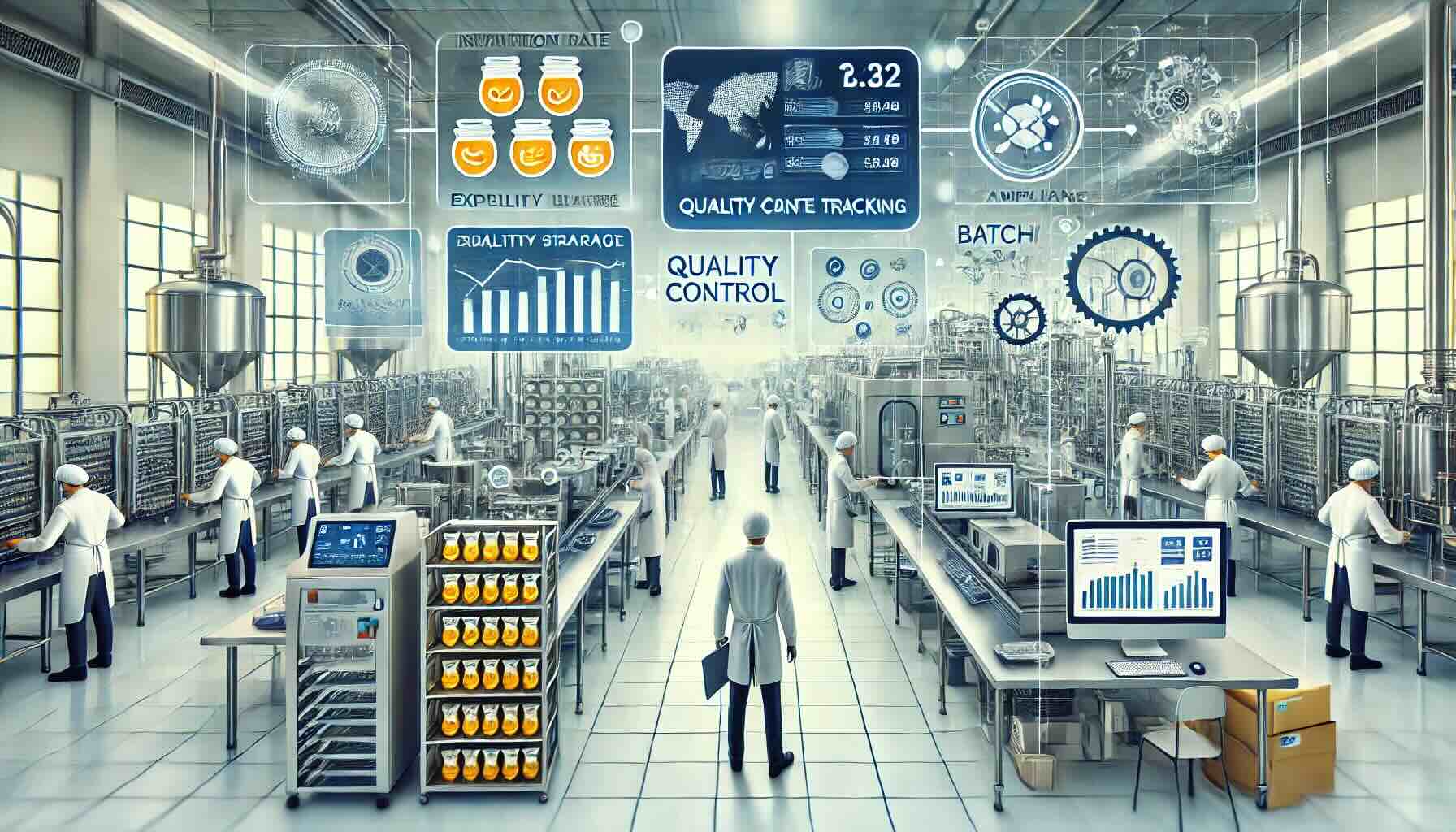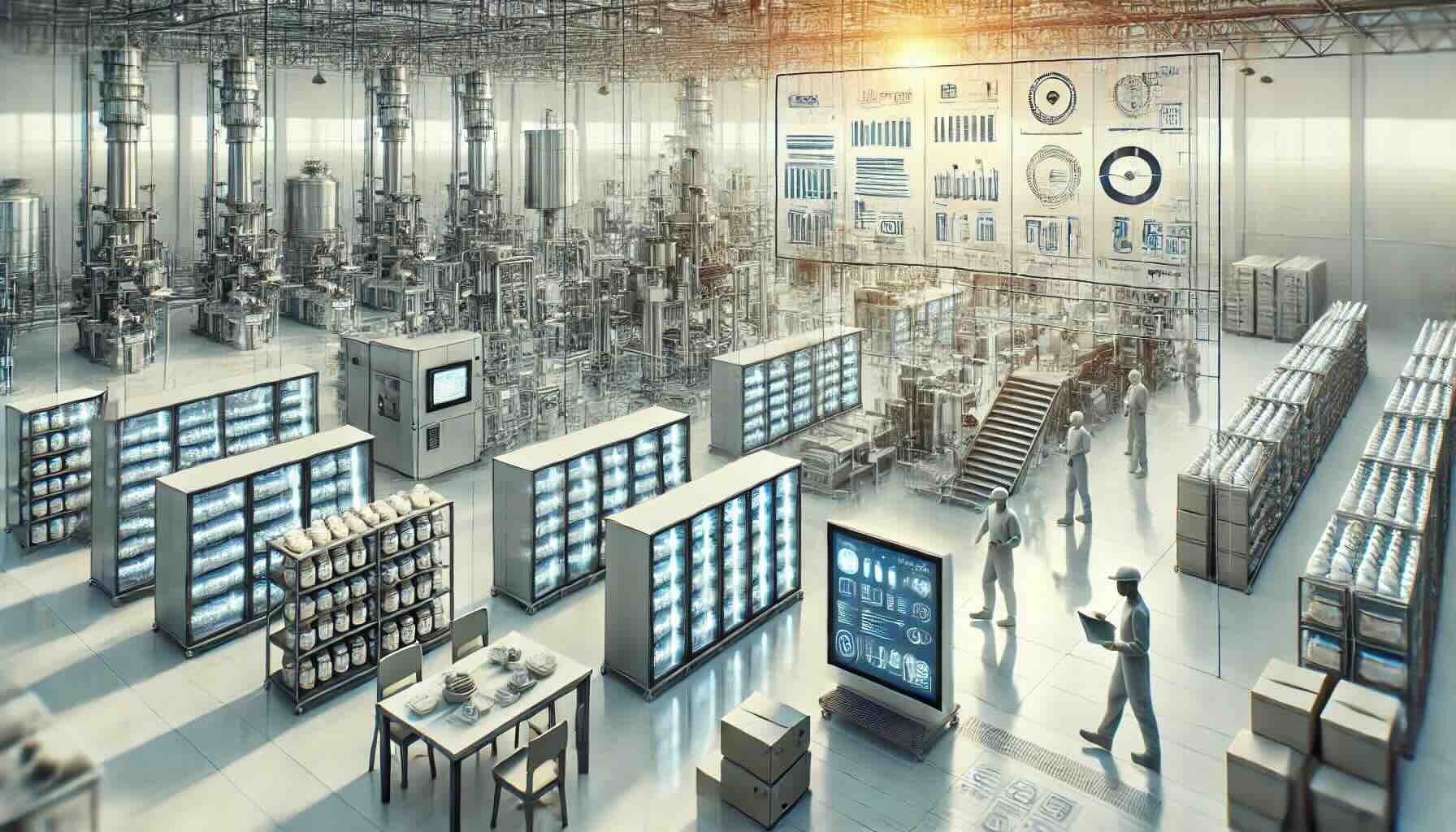ERP Systems for Construction and Engineering

In the dynamic fields of construction and engineering, efficiency and precision are paramount. These industries face unique challenges, such as managing complex projects, coordinating multidisciplinary teams, ensuring compliance with regulatory standards, and controlling budgets. Enterprise Resource Planning (ERP) systems for construction and engineering have become indispensable tools in overcoming these challenges. They streamline operations, enhance collaboration, and ensure projects are delivered on time and within budget.
What Are ERP Systems?
ERP systems are comprehensive software platforms that integrate core business processes into a single unified system. They enable real-time data sharing across departments, facilitating better decision-making and operational efficiency. For construction and engineering firms, ERP systems typically include modules for project management, financial management, procurement, human resources, and customer relationship management (CRM).
Why Do Construction and Engineering Firms Need ERP Systems?
Construction and engineering projects are multifaceted, requiring meticulous planning and execution. ERP systems cater specifically to the industry’s needs by:
- Streamlining Project Management:
From initial planning to project completion, ERP systems help manage every phase of a project. They provide tools for scheduling, resource allocation, and task monitoring, ensuring all stakeholders are aligned. - Enhancing Financial Control:
Cost overruns are a common issue in construction and engineering. ERP systems track expenses in real-time, helping firms adhere to budgets. Advanced financial analytics also provide insights to forecast costs and manage cash flow effectively. - Improving Resource Allocation:
Effective resource management is crucial for project success. ERP systems optimize the allocation of materials, equipment, and workforce, ensuring that resources are available when needed. - Ensuring Regulatory Compliance:
Construction and engineering firms must comply with stringent regulations. ERP systems maintain records of certifications, safety standards, and environmental regulations, simplifying compliance management. - Facilitating Collaboration:
These systems enable seamless communication between teams, subcontractors, and clients. Shared access to project data fosters transparency and collaboration, reducing delays caused by miscommunication.
Key Features of ERP Systems for Construction and Engineering
- Project Management Tools:
These modules provide tools for scheduling, tracking progress, managing milestones, and identifying bottlenecks. - Financial Management:
Integrated accounting features allow for real-time budget tracking, invoicing, and financial reporting. - Document Management:
Construction and engineering projects generate a vast amount of documentation. ERP systems organize and store blueprints, contracts, permits, and other critical documents in a centralized repository. - Procurement and Inventory Management:
ERP systems streamline the procurement process, tracking material orders and inventory levels to prevent delays caused by shortages or overstocking. - Customer Relationship Management (CRM):
CRM modules enhance client interactions, ensuring timely updates, issue resolution, and satisfaction. - Mobile Accessibility:
Construction sites are not office-bound. Modern ERP systems provide mobile access, allowing teams to input and retrieve data from remote locations.
Benefits of Implementing ERP Systems
- Increased Productivity:
Automation of repetitive tasks reduces manual effort, allowing teams to focus on value-added activities. - Better Decision-Making:
With centralized and real-time data, managers can make informed decisions promptly, reducing risks and improving outcomes. - Cost Savings:
By eliminating inefficiencies and optimizing resource utilization, ERP systems help firms save money in the long run. - Scalability:
ERP systems grow with your business, accommodating new projects, clients, and processes seamlessly.
Challenges in Implementing ERP Systems
While ERP systems offer numerous advantages, implementation can be challenging. Firms may face:
- High Initial Costs: The upfront investment in ERP software, hardware, and training can be significant.
- Resistance to Change: Employees accustomed to traditional methods may resist adopting new systems.
- Customization Requirements: Tailoring ERP systems to meet specific industry needs can be complex and time-consuming.
- Data Migration Issues: Transferring existing data into the new system can be a tedious and error-prone process.
Choosing the Right ERP System for Construction and Engineering
When selecting an ERP system, consider the following factors:
- Industry-Specific Features:
Ensure the ERP system caters specifically to the construction and engineering sectors. - Scalability:
Choose a solution that can grow with your business and adapt to future requirements. - Integration Capabilities:
The system should integrate seamlessly with existing tools and software. - Vendor Support:
Reliable customer support and training are essential for successful implementation and ongoing use. - Cost and ROI:
Evaluate the total cost of ownership, including licensing, implementation, and maintenance, against the expected return on investment.
Popular ERP Systems for Construction and Engineering
Several ERP solutions are tailored to the unique needs of construction and engineering firms. Some of the most popular options include:
Deltek
Overview: Deltek is a leading ERP tailored for project-based industries, including construction, engineering, and architecture. It focuses on managing projects, resources, and financials effectively.
Pros:
- Purpose-built for project-based businesses.
- Strong features for project cost control, scheduling, and resource management.
- Excellent for government contracts and compliance reporting.
- Integrates well with third-party software and systems.
- Scalable for medium to large enterprises.
Cons:
- Steep learning curve for new users.
- Implementation can be time-consuming and costly.
- Limited flexibility for smaller construction projects.
To find out more about Deltek click this link.
IFS Cloud
Overview: IFS Cloud is a robust ERP system that offers end-to-end solutions for asset management, project management, and construction workflows.
Pros:
- Excellent for complex engineering projects and asset management.
- Integrated tools for project lifecycle management and scheduling.
- Strong capabilities for field service management and resource planning.
- Flexible and modular: allows businesses to adopt what they need.
- Cloud-based platform with real-time visibility and analytics.
Cons:
- High upfront costs for implementation and customization.
- May require dedicated training for complex workflows.
- More suitable for large enterprises than smaller firms.
To find out more about IFS Cloud click this link.
Oracle NetSuite
Overview: Oracle NetSuite is a cloud-based ERP system offering scalable tools for financials, project management, and operations.
Pros:
- Strong financial management and reporting capabilities.
- Integrated tools for project accounting and resource management.
- Scalable for growing small to mid-sized construction firms.
- Cloud-based system ensures real-time collaboration and accessibility.
- Customizable with various modules and integrations.
Cons:
- Requires add-ons for full construction-specific features.
- Can be expensive for smaller firms when additional modules are added.
- Limited BIM integration compared to industry-specific solutions.
To find out more about NetSuite click this link.
SAP S/4HANA
Overview: SAP S/4HANA is a leading ERP solution with robust tools for managing large construction and engineering projects.
Pros:
Real-time data processing through in-memory technology (HANA).
- Comprehensive features for project lifecycle management and financials.
- Highly scalable for large, complex projects.
- Strong tools for supply chain management and procurement.
- Industry-leading analytics and reporting tools.
Cons:
- Very high implementation and maintenance costs.
- Complex system that requires extensive training.
- Overkill for smaller construction firms.
To find out more about SAP S/4HANA click this link.
The Future of ERP in Construction and Engineering
As technology advances, ERP systems are evolving to meet the changing demands of the construction and engineering industries. Features like artificial intelligence (AI), predictive analytics, and the Internet of Things (IoT) are being integrated into modern ERP systems, further enhancing their capabilities. These advancements promise greater efficiency, reduced risks, and improved project outcomes.
Conclusion
ERP systems for construction and engineering are no longer optional—they are a necessity in today’s competitive landscape. By integrating and streamlining critical business processes, these systems empower firms to achieve operational excellence and deliver successful projects consistently. Investing in the right ERP system not only enhances productivity and profitability but also positions businesses for sustainable growth in a rapidly evolving industry.
Ready to Transform Your Construction and Engineering Business?
Implementing the right ERP system could be the game-changer your business needs. With our AI-powered Compare ERP tool, you can effortlessly explore and compare solutions tailored to your unique business needs. It’s free to use, and you’ll receive a guaranteed discount on your first year’s license fees with a referral from Compare ERP. Take the first step toward streamlining your processes and boosting productivity and start comparing today!









